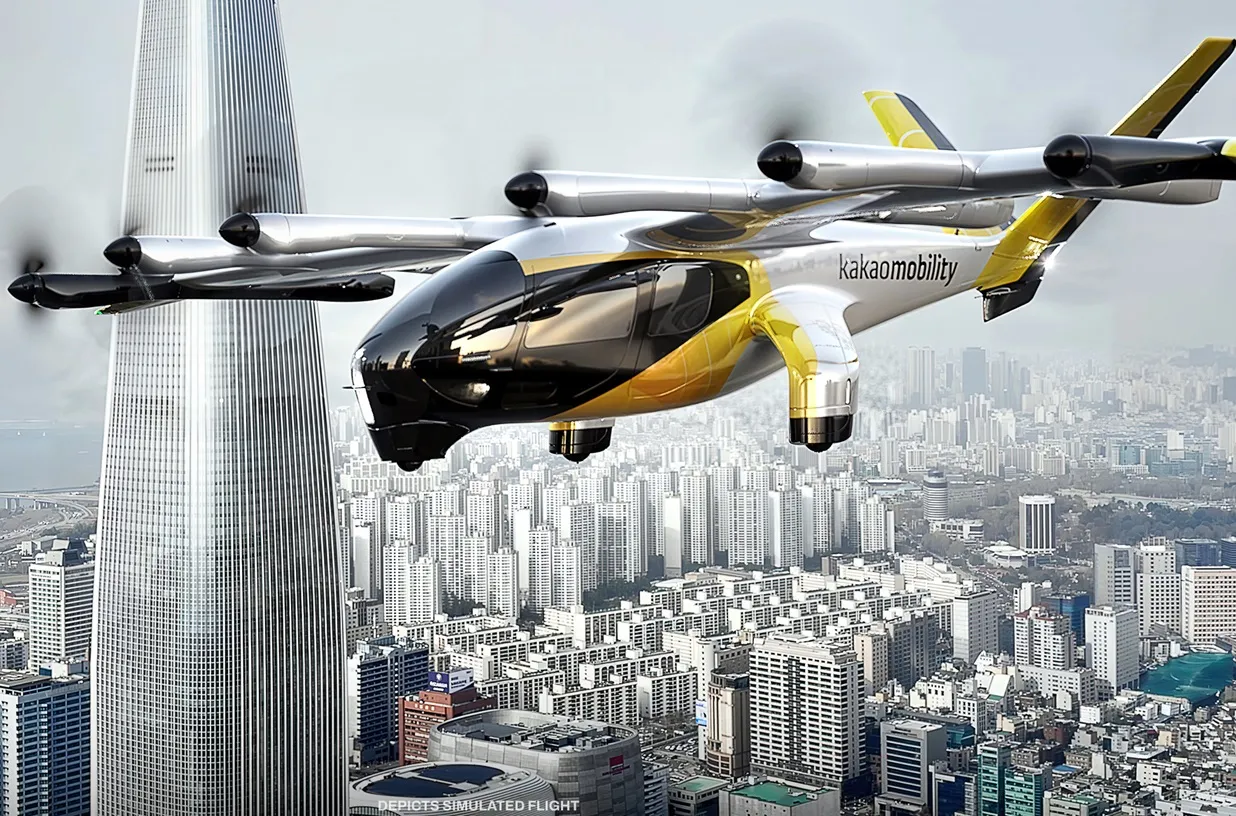Drones will have to be registered and users will have to sit safety awareness tests under new rules to better regulate their growing use, the UK government has announced. Owners of drones weighing 250 grams and over will in future have to register details of their drones, either online or through apps, to improve accountability and encourage owners to act responsibly. The move follows safety research that concluded drones could damage the windscreens of helicopters. In addition, a new drone safety awareness
July 24, 2017
Read time: 3 mins
Drones will have to be registered and users will have to sit safety awareness tests under new rules to better regulate their growing use, the UK government has announced.
Owners of drones weighing 250 grams and over will in future have to register details of their drones, either online or through apps, to improve accountability and encourage owners to act responsibly. The move follows safety research that concluded drones could damage the windscreens of helicopters.
In addition, a new drone safety awareness test means owners will have to prove that they understand UK safety, security and privacy regulations.
Drones are central to the government’s industrial strategy and are claimed to already be of substantial benefit to business and the public. They can help boost productivity and safety, aid the emergency services and bring pleasure to those who use them for fun.
The government also plans to bring forward and expand the use of ‘geo-fencing’ in the UK that acts like an invisible shield around buildings or sensitive areas. The technology, which works on GPS coordinates, is built into the drone and stops it from entering zones such as prison or airport space. This technology means that drones can be programmed to hover at the edge of zones unable to progress further or not to take-off within zones. Some manufacturers have already programmed their drones not to fly in sensitive areas but the government would like to reinforce this work.
In line with the government’s industrial strategy, it will continue working with the Civil Aviation Authority (CAA) to help commercial drone users grow their businesses by making sure measures are updated to reflect the needs of the emerging market worth over £102 billion globally.
Aviation Minister Lord Callanan said the measures prioritise protecting the public while maximising the full potential of drones. Increasingly, drones are proving vital for inspecting transport infrastructure for repair or aiding police and fire services in search and rescue operations, even helping to save lives.
But like all technology, drones too can be misused. By registering drones, introducing safety awareness tests to educate users the Government aims to reduce the inadvertent breaching of airspace restrictions to protect the public.
These measures come after a consultation looking at ways to make drone use safer while maximising their potential.
Findings by the1837 Department for Transport, British Airline Pilots’ Association and the Military Aviation Authority, published in a summary report, reveal drones weighing 400 grams could damage the windscreens of helicopters in particular. However, airliner windscreens were found to be much more resistant. It would take a heavier drone of around two kilograms to critically damage an airliner windscreen and only if the airliner is flying at a high speed, not during take-off and landing.
Owners of drones weighing 250 grams and over will in future have to register details of their drones, either online or through apps, to improve accountability and encourage owners to act responsibly. The move follows safety research that concluded drones could damage the windscreens of helicopters.
In addition, a new drone safety awareness test means owners will have to prove that they understand UK safety, security and privacy regulations.
Drones are central to the government’s industrial strategy and are claimed to already be of substantial benefit to business and the public. They can help boost productivity and safety, aid the emergency services and bring pleasure to those who use them for fun.
The government also plans to bring forward and expand the use of ‘geo-fencing’ in the UK that acts like an invisible shield around buildings or sensitive areas. The technology, which works on GPS coordinates, is built into the drone and stops it from entering zones such as prison or airport space. This technology means that drones can be programmed to hover at the edge of zones unable to progress further or not to take-off within zones. Some manufacturers have already programmed their drones not to fly in sensitive areas but the government would like to reinforce this work.
In line with the government’s industrial strategy, it will continue working with the Civil Aviation Authority (CAA) to help commercial drone users grow their businesses by making sure measures are updated to reflect the needs of the emerging market worth over £102 billion globally.
Aviation Minister Lord Callanan said the measures prioritise protecting the public while maximising the full potential of drones. Increasingly, drones are proving vital for inspecting transport infrastructure for repair or aiding police and fire services in search and rescue operations, even helping to save lives.
But like all technology, drones too can be misused. By registering drones, introducing safety awareness tests to educate users the Government aims to reduce the inadvertent breaching of airspace restrictions to protect the public.
These measures come after a consultation looking at ways to make drone use safer while maximising their potential.
Findings by the









